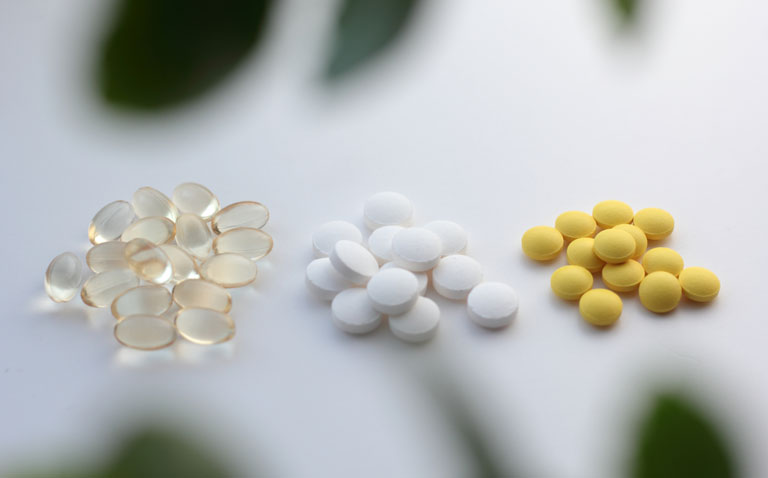With both zinc and ascorbic acid supplements commonly used by people with viral illnesses, could these benefit those with COVID-19?
A number of different coronaviruses are responsible for the common cold and many patients turn to over-the-counter supplements containing either zinc or ascorbic acid (vitamin C) to help alleviate their symptoms. Indeed, there is some evidence that zinc is involved in the regulation of both the innate and adaptive immune systems and the supplement does appears to shorten the duration of common colds. While ascorbic acid does not decrease the incidence of colds, when taken regularly, it does seem to reduce the duration of colds. Given that COVID-19 is a coronavirus, researchers from the Heart and Vascular Institute, Cleveland, Ohio, US, wondered whether these supplements could benefit those with COVID-19 and performed a randomised, controlled trial to test this hypothesis. Included patients were aged 18 years and over with an outpatient diagnosis of COVID-19 and randomised in a 1:1:1:1 allocation to 8000mg ascorbic acid (given 2–3 times daily), 50mg zinc gluconate, both treatments or usual care excluding either treatment for a duration of 10 days after their diagnosis. All participants completed a daily COVID-19 symptom questionnaire asking about fever/chills, cough etc and rated these symptoms on a 4-point scale (0 = absent to 3 = severe). The primary endpoint of the study was the number of days required to reach a 50% reduction in symptom severity score.
Findings
A total of 214 patients with a mean age of 45.2 years (61.7% female) were randomised to one of the four interventions. Among those assigned to dual therapy, the majority were of White ethnicity (69%) with a mean body mass index of 31. Co-morbidities included diabetes (29.3%), hypertension (46.6%) and dyslipidaemia (41.8%). Patients assigned to usual care reached the primary endpoint after a mean of 6.7 days compared to a mean of 5.9 days for those receiving both supplements and was similar for the other groups and none of these differences were statistically significantly. Interestingly, a higher proportion of patients assigned to dual therapy (12.1%) were hospitalised because of COVID-19 compared with 17 (7.9%) among those receiving standard care. The authors concluded that among ambulatory patients with COVID-19, a combination of zinc and high-dose ascorbic acid did not shorten the duration of symptoms compared with usual care.
Citation
Thomas S et al. Effect of high-dose zinc and ascorbic acid supplementation vs usual care on symptom length and reduction among ambulatory patients with SARS-CoV-2 infection: the COVID-A to Z randomised clinical trial. JAMA Netw Open 2021.










